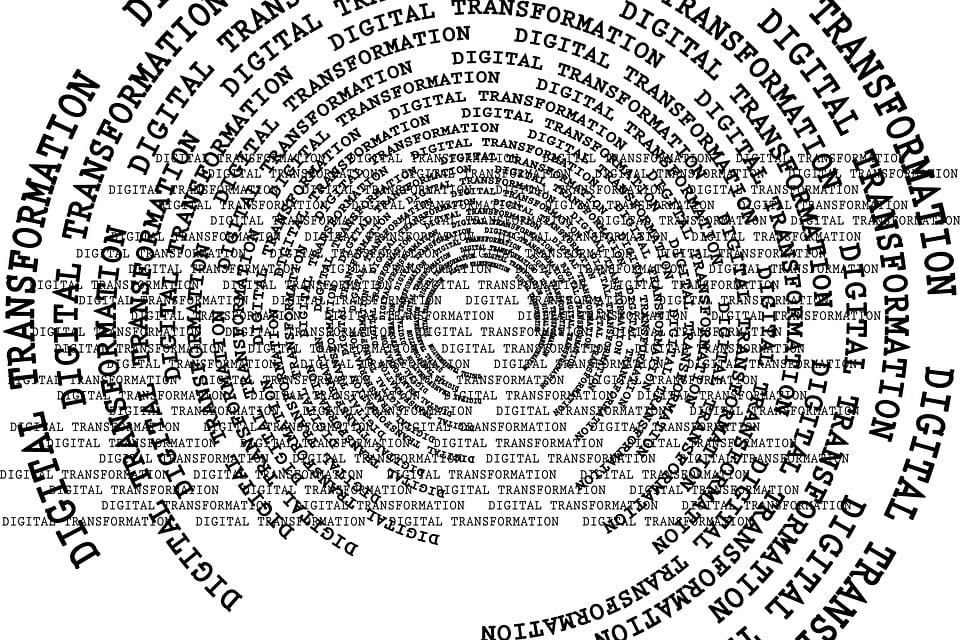In a rapidly changing digital world, cyber security is high on the list of individuals and businesses. As we now reach 2024, it’s a fact that the threat landscape is as complex and sophisticated when cybercriminals are using modern approaches to use bugs. It is important for you to be able understand the highest level threats and how they affect your environment, because things change at an astronomical rate in cybersex. In this article, we will be taking a look into some of the major cyber security threats that lie ahead in 2024 and what you can do to prevent them from compromising your digital life.
In 2024 the Biggest Cyber security Threats
1. Ransom ware Attacks
The continued rise of cyber and ransom ware threats are amongst the biggest risks for 2024. Ransom ware is malware that allows cybercriminals to encrypt a victim’s data and then extort over crypto currencies like Bit coin in return for the decryption key. Unless promptly mitigated, such attacks can enable costly business disruptions as well as compromise essential services and have major financial repercussions. Current data indicates that ransom ware attacks are gradually evolving to become targeted attacks, and with attackers directing their resources at more lucrative targets within healthcare organizations, financial institutions or government agencies.
2. Phishing Scams
Phishing remains among the top tactics in which cybercriminals abscond with sensitive information like usernames, passwords and credit card data. By 2024, phishing has become significantly more targeted with personalized messages and advanced social engineering tactics that encourage victims to click on a bad link or download an infected attachment. Business Email Compromise(BEC) scams, where attackers send fraudulent emails from what appear to be trusted accounts (e.g., an executive of a firm), often posing as the account holder tries and receive a funds transfer or other sensitive information — targeting enterprise entities are on the rise.
3. Supply Chain Attacks
In 2024 supply chain attacks targeting third-party vendors (leading to larger organizations being compromised) are becoming more prevalent. Supply chain attacks target weaknesses in the manufacturing and distribution process to facilitate access into various systems, across a range of industries. The Solar Winds attack, which affected multiple government offices and private companies, is a perfect example of just how harmful supply chain attacks could be. With businesses depending more and more on third-party providers, supply chain security has become an essential part of cyber-security.

4. Iota Vulnerabilities
Internet of Things (IoT) devices has become widespread, creating a wider range in the security landscape. Iota in 2024: More Connected Than Ever—from Smart Homes to Industrial Control Systems And It Will Only Get Worse Unfortunately, a lot of Iota devices do not come with strong security built-in making them vulnerable to hackers. Hackers can use these bugs to carry out distributed denial-of-service (Dodos) attacks, steal data and barge into networks, among other malicious actions.
5. AI-Powered Cyber Attacks
Cybercriminals are adopting artificial intelligence (AI) to help augment and scale their various forms of attacks. By 2024, AI-enabled assaults will be able to quickly locate vulnerabilities remotely and launch phishing expeditions constantly while evading discovery. AI is also creating deep fake videos and audio clips including those that can be used for fake content to ruin people or deceptive information misleading by AI tactics.
In 2024, what will it mean to be secure (or ‘How not to get breached’) online
To defend yourself from an exponentially increasing number of cyber threats in 2024, you need to take a proactive and multi-layered approach. Following are the key steps you can take to improve your cyber security stance:
1. Use Strong Passwords and 2 Factor-Authentification (MFA)
Set strong, unique passwords for all of your online accounts and consider using a password manager to save them. Turn on two-factor authentication (2FA) when you can, asking for a second factor of identification besides your password
2. Stay Informed and Educated
Cyber threats are always changing and keeping up to date with the literature is of paramount importance. Take some security training, read your news sources each day and aware of different phishing methods.
3. Maintain Software and Devices Regularly
Keep your operating systems, software and It devices up-to-date with the latest security patches. Usually, these catch up with crucial fixes that if not patched could be utilized by hackers.
4. Backup Your Data
Backup your important data, to an encrypted external drive or a known cloud service. This ensures that you would not lose your data in case of a ransom ware hit or other catastrophic loss.
5. Secure Your Home Network
Secure your home network with a strong Wi-Fi password, WPA3 encryption and regular router firmware updates. This is a good example where you may want to have the primary network setup with your essentials then create one of those guest networks for guests and any Iota devices.
6. 10 Keep an Eye Out For Strange Activity on Your Accounts
Monitor all your financial accounts, email and social networks for any signs of unauthorized access or suspicious activity. Configured alerts for potentially fraudulent transactions or logins
7. be careful about emails and links
Exercise caution when you receive unsolicited emails, particularly if they are requesting personal information or have attachments. Hover over links to check the URL and Think before you click; don’t open attachments from unknown or untreated sources.
Conclusion
2024 Cyber security Needs: More Sophisticated Bad Guys in a Larger Digital Landscape Because once you know what the top threats are, and how to actively protect yourself against them… The less likely it is that a cyber attack will consume your bankroll! As a collective, it is important that we continue the cyber-security process because “users’ lack of overall concern and commitment to best practice” can make us vulnerable.







